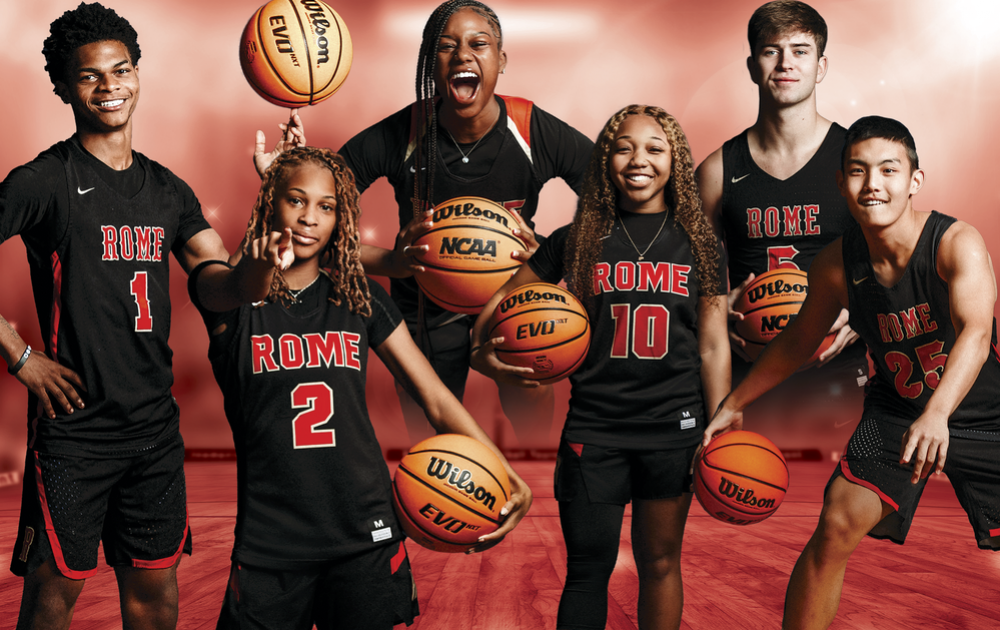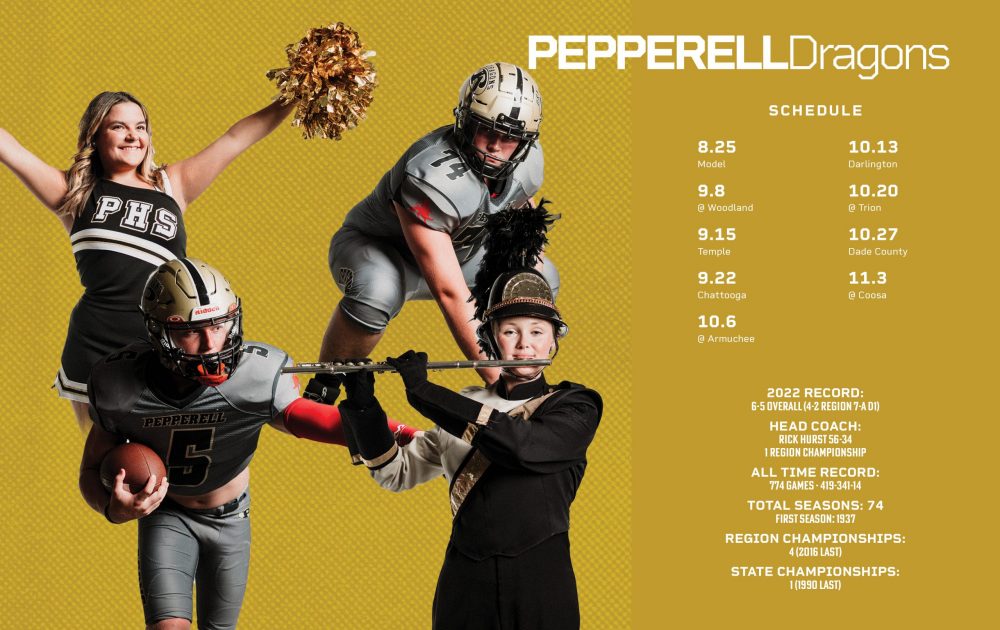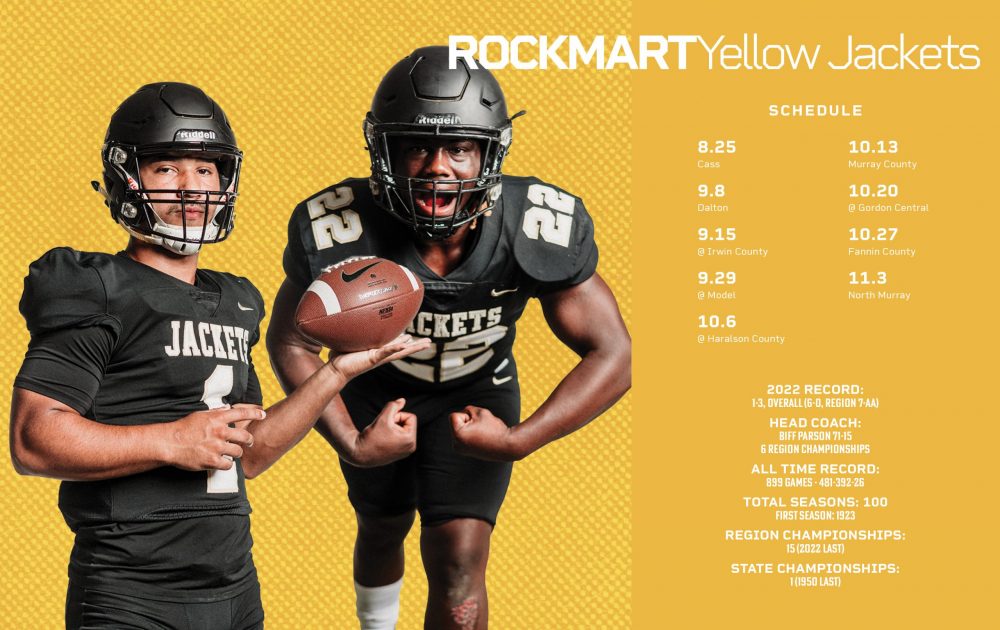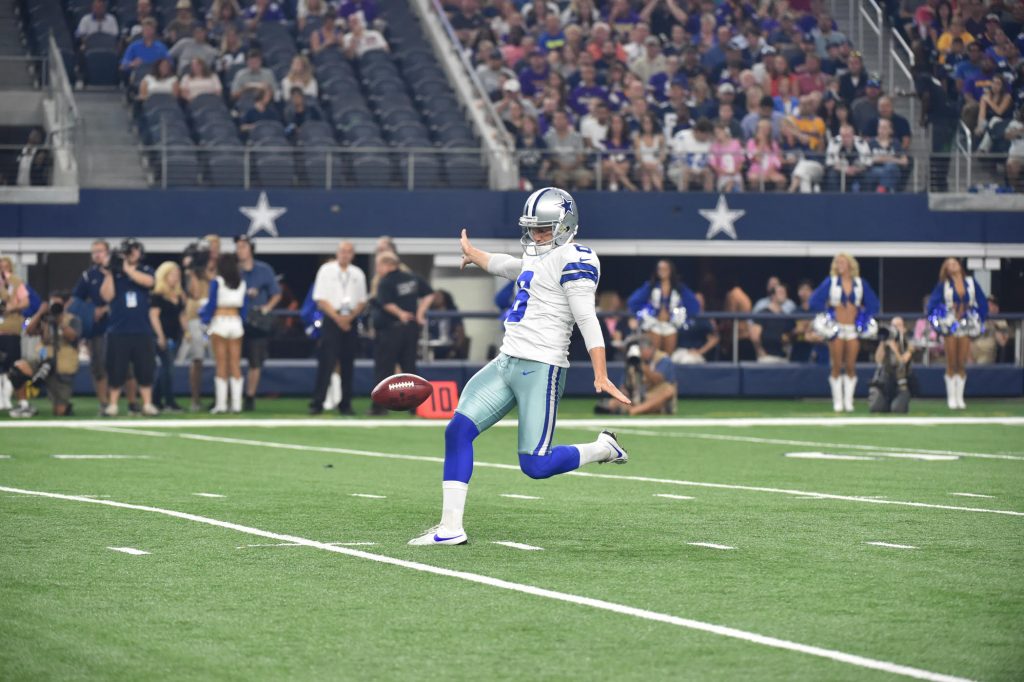
photos Jeremiah Jhass, Dallas Cowboy’s Photographer
Chris Jones didn’t get the memo that playing football at a small college, and even smaller high school, would stop him for reaching his goals. As a youngster at Coosa High School, he always wanted to punt in the NFL. With the help and encouragement of his parents, Mike and Teresa Jones, Jones would find himself at Carson-Newman University in Jefferson City, Tennessee. Still, the small southern learning institution did not deter his bigger dreams. As a starter for all four years of college and All-SAC performer, he put everything he had into his craft, eventually leading to him being signed by the Dallas Cowboys in 2011 and moved to the practice squad behind one of the league’s leading punters, Mat McBriar. In keeping with his influences early in his career, he never quit. After injury sidelined McBriar, Jones was ready to fill the spot. From there, he’s never looked back. Although football has always been important to Jones, he tells us what really makes his motor turn. As anyone from this corner of the state can imagine, it is all about family. Soon, he and his wife Sara will welcome a daughter, and he promises to set a new goal of raising his family with the same passion he puts in daily between the lines.
V3: Can you explain the feeling you had when you got the news that you were going to be signed with the Cowboys as an undrafted free agent?
CJ: It’s hard to put in to words. I was in shock almost, with mixed emotions all around. Surprised, blessed, thankful and just an overflow of emotions came over me. All the work I had put in up to this point was gone, and I had to start all over and build from this point. Making a name for myself, getting on the team and making it through camp was a blessing, no question. But it was an overwhelming flow of many emotions.
V3: What were some of the habits that you formed early on so that you would be able to perform at the professional level, or that would ultimately lead to you getting signed to a professional football team?
CJ: I really think it started when I was young. Both my mom and dad were a really great sup-port system. When I would show interest in anything and if I told them I wanted to do it they would say, “Okay, you are going to stick with it for a year, or the season.” Whatever I decided to do, they made me stick with it and put in the effort, time, energy and focus. They taught me how to work to be good at it. Football was just one of those things that I felt like I didn’t have to put any unwanted effort into, as far as wanting to play or the drive to be better. If I had free time as a kid, I wanted to go outside and throw, kick and watch my brother play football. I wanted to be around it constantly. So, I think having that work ethic instilled in me at an early age prepared me for what came later and is still with me now.
V3: I am assuming you started playing football was at the pee-wee level, right?
CJ: My first year playing football was in third grade and I’ve played every year since then. I was actually counting it up the other day and I think this year will be my 20th football season.
V3: What is like for an NFL player in preparation for and during the season? Just walk us through a day if you can.
CJ: During the season, every day before practice is the same. You can hit the tub or steam room if you need to, or the training room for physical therapy needs. Then, we will have breakfast, a special teams meeting and then a team meeting. Then, I will go work out be-tween team meetings and practice. I get my work out knocked out and then I practice. Next comes shower, then a lunch meeting. Media is usually around so we talk with them, grab some lunch, and then we watch film from practice and go over things that are important for the next game. That is pretty much your day.
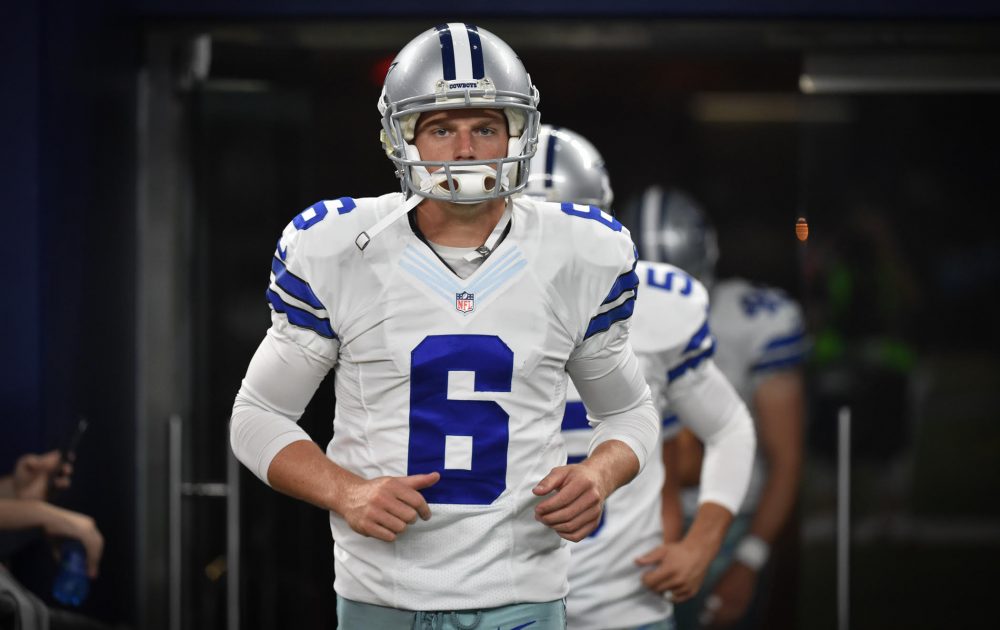
V3: Do you do that six days a week before playing on Sunday or Monday? How does that schedule work?
CJ: If we play on a Sunday, Monday is our off day. Tuesday, we come in for game review and go over film and lift weights. Then, we would have a team run where we go in and stride, kick your legs out, that kind of thing. We practice Wednesday, Thursday and Friday; walk through on Saturday; and then play again Sunday.
V3: So, it is a rigorous schedule. I know a lot of young people think that if they become a pro football player they’ve got it easy for most of the year. However, it seems like you have to be dedicated year round.
CJ: Oh yeah! During the season, it’s easy to get on a schedule because whether you have a Monday night, Sunday night or even a Thursday game, you know what the rest of your week is going to be in preparation coming up to the next game. So, you can alter what a normal week is and just bump everything up a day. Then, you just go from there. For me, and I think for a lot our guys, it’s just a routine. You get in a routine and stick with it. I wouldn’t say it’s a comfort thing, but it helps to have normality with a schedule that can get bumped around and changed within two or three weeks.
V3: So, being a Dallas Cowboy has got to be a tremendous honor and responsibility that you have to take seriously. What would you say keeps you focused and on the straight and narrow when representing your hometown and the team you play for today?
CJ: I think you said it the best. I am representing myself first and foremost, and then where I come from. Family, where I grew up, and where I planted my roots is what made me who I am as a person and as a football player. Family, friends, teachers, coaches and different acquaintances keep me motivated to do my best and always honor the blessings I’ve been given. Out here, it’s the Cowboys. Even if you spoke with someone who doesn’t know anything about sports, they are going to know who the Cowboys are. Whether they follow football or not, they know what we represent. It’s a big responsibility all the way around, whether I look at it as representing myself and my family, or representing the team and team name. Other than that, I am always trying to better myself on the field and off the field. To be a better teammate, friend and husband is what I strive to achieve. I owe my level of account-ability to the people who shaped me early on.
V3: Can you give me an idea of what it feels like to run through that tunnel and onto the field at the Cowboy Stadium? Even the for first time, can you explain what that felt like?
CJ: Well for me, my first time was overwhelm-ing. Growing up playing at a AA school at Coosa and then at a division two school at Carson-Newman, where our largest home crowd was probably 5,000-6,000 people, was a tremendous change for me. To go from playing in smaller venues to playing in what I think is the best stadium that I could ever play in was crazy. There are at least 100,000 people. The crowd itself is something that makes you have to step back and think to yourself, “My goodness, this is just crazy.” Then you factor in the video board, the lights, the crowd noise, all the music, fireworks and smoke; it’s just unreal!
V3: I was reading about you and saw that you were the second person in NFL history to kick a football and hit the massive jumbotron at Cowboy Stadium. I read that correctly, right?
CJ: (Laugh) Yep, I did do that.
V3: That’s got to be an awesome place to play football. I’ve never watched a game in person there but just seeing it on TV is awe inspiring. So, I imagine it has to be a unique experience being there.
CJ: I feel like it is a one-of-a-kind stadium. It has all the bells and whistles that you could ever want and it is definitely something to see.
V3: So, tell me this, Chris, if you weren’t a football player, what would you likely be doing with your career? What other things are you passionate about?
CJ: I love doing anything outdoors. Growing up, I was always hunting or fishing, out changing oil with my dad, or working on a car or a truck. I really enjoy being outside and doing anything hands on. I guess that would be a good way to describe it. I am not a really person who likes to sit inside, even if it is 105 degrees outside. I would rather be doing something outdoors.
V3: Do you have any advice that you can give other young athletes who are hoping to achieve some great things like you have, and maybe provide a road map to reaching their goals?
CJ: No matter where you think you rank among other players, or grade level, or anything like that, just never give up on yourself. I think a lot of people look at where they came from, what high school they attend, or coming from a small town like myself as a roadblock. But, coming out of a AA school in Rome, Ga., I don’t think that I would let anything like that slow me down. I’ve known since I was 5 or 6 years old that I wanted to play in the NFL. I wanted to be a punter in the NFL. I don’t think I would let any road block or speed bump in my path interfere with me meeting that goal. On a smaller scale, the main thing is to set goals for yourself. Short-term goals, whether it’s in the off-season or during the season, and long-term goals, maybe two or three years out, are good to have. Whether they are small or big, striving to meet those goals and having realistic goals that can be achieved so that you can see your results, are so important to success. Don’t give up on yourself, don’t let anything get in your way, hinder or slow you down. Just set your goals and knock them all out. Have a checklist and don’t quit!

